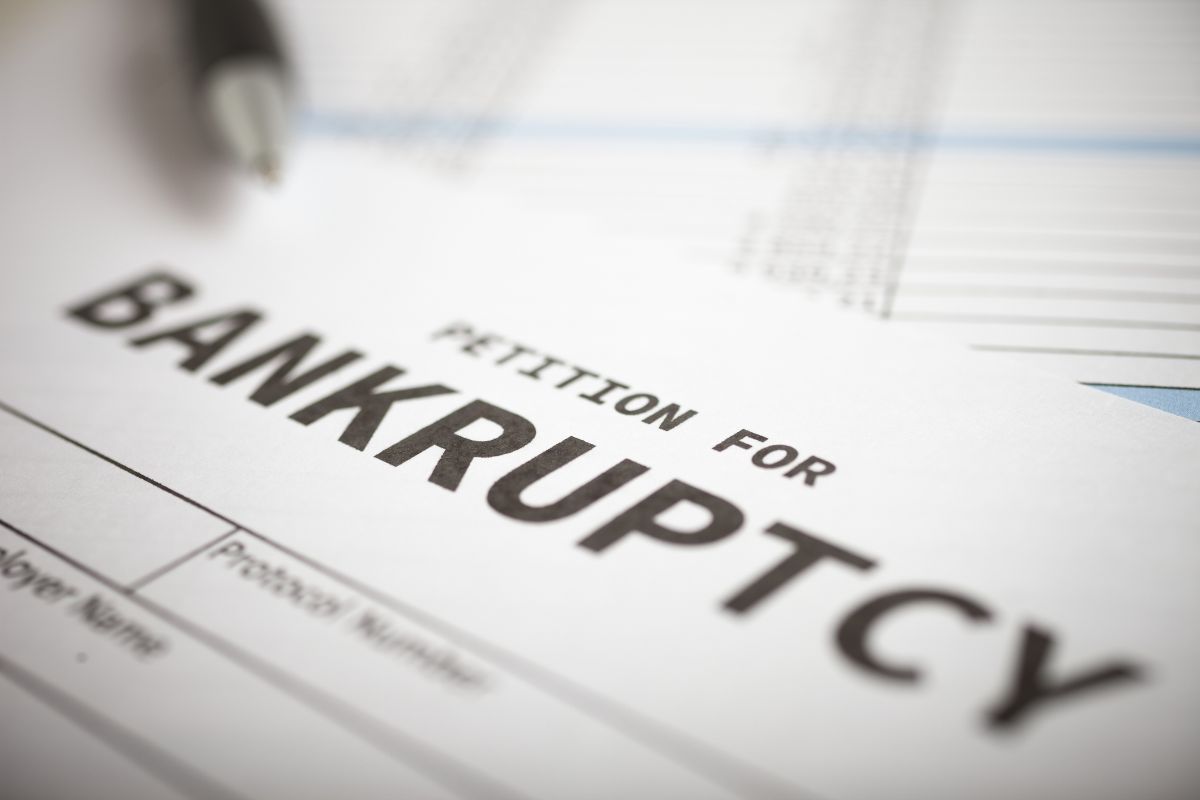There are advantages and disadvantages to filing for both Chapter 7 and Chapter 13 bankruptcy. What is best for your situation will depend on you and your family’s unique circumstances and needs. As a result, you must consider various factors in deciding whether to file for Chapter 7 or Chapter 13 bankruptcy.
Chapter 7 Bankruptcy Basics
A Chapter 7 bankruptcy discharge is designed to give people a genuinely fresh financial start by eliminating all their eligible debts. Although some of your property is exempt in bankruptcy, meaning that you can keep them even if you file for bankruptcy, some property is not. In a Chapter 7 bankruptcy, any non-exempt property is taken and sold to pay your debts. You are not required to pay any remaining balances on your debts after the proceeds of your non-exempt property are applied or if you have no such property. As an example, in California in the year 2020, real property and personal property are exempt.
Advantages of Chapter 7 Bankruptcy
Once you file for Chapter 7 bankruptcy proceedings, you have immediate protection from creditors garnishing your wages or otherwise attempting to pursue you for debts that you owe. A Chapter 7 bankruptcy filing stops these creditors from taking any collection actions against you until the bankruptcy judge authorizes it. Plus, any wages or property that you earn or gain after filing for bankruptcy belongs to you, not your creditors.
Chapter 7 bankruptcy filings do not require you to have a specific or minimum amount of debt. These proceedings are often quick and efficient, as you often can get a bankruptcy discharge in as little as three to six months. As the proceedings are usually relatively simple, you will not incur substantial legal costs in filing a Chapter 7 bankruptcy. However, court will not grant a discharge for another Chapter 7 bankruptcy petition in the future until eight years have passed since the date on which you filed your previous Chapter 7 bankruptcy petition. However, you may be able to file for Chapter 13 bankruptcyafter 4fouryears have passed since the date that you filed for your previous Chapter 7 bankruptcy petition.
Chapter 13 Bankruptcy Basics
On the other hand, Chapter 13 bankruptcy sets up a repayment plan between you and your creditors. You do not have to sell any of your property in a Chapter 13 bankruptcy proceeding. At the end of your repayment plan period, which lasts three to five years, any remaining balances on your debts are eliminated.
Advantages of Chapter 13 Bankruptcy
A Chapter 13 bankruptcy may be appropriate if you own a home or business, you are behind on your mortgage payments, and you want to keep the home or business. Chapter 13 bankruptcy proceedings allow you to get caught up on your mortgage payments through your repayment plan.
Another reason that you might want to file for Chapter 13 bankruptcy proceedings is if you own valuable non-exempt property, and you want to keep it. As an example if you own a large amount of valuable jewelry, you would have to sell any jewelry that is not exemption to pay your creditors in a Chapter 7 bankruptcy. So, if you want to keep all the jewelry, you might have to file for Chapter 13 bankruptcy instead of Chapter 7.
Likewise, certain income limits exist for Chapter 7 bankruptcy filers. As a result, if you have income above the income limit, you will have no choice but to file for Chapter 13 rather than Chapter 7 bankruptcy. You use your post-bankruptcy filing income to set up your repayment plan, so your future income is likely to be tied up for the next three to five years in making plan payments.
Chapter 13 bankruptcy filings also give you immediate protection against the collection efforts of creditors. You can repeatedly file for Chapter 13 bankruptcy, and you do not need to wait eight years between bankruptcy filings as you do for Chapter 7 bankruptcy. However, Chapter 13 bankruptcy can be more complex and lasts three to five years instead of three to six months. As a result, you likely will be responsible for higher legal costs than in a Chapter 7 bankruptcy.
LBE Law Firm offers individualized representation for individuals in various legal matters, including Chapter 7 and Chapter 13 bankruptcy filings. Our office will take a detailed look to review for potential consumer protection and/or Fair Debt Collection Practices Act violations as part of your bankruptcy review. We ensure you know your rights and can pursue claims against certain creditors if necessary. also handles other legal matters, including immigration law, family law, contracts, and wills and estates. You can reach us at +1.424.273.5501 (call, text, or WhatsApp) or via email at info@lbelawfirm.com. Please consult with us today to learn more about how we can help you with your case.


